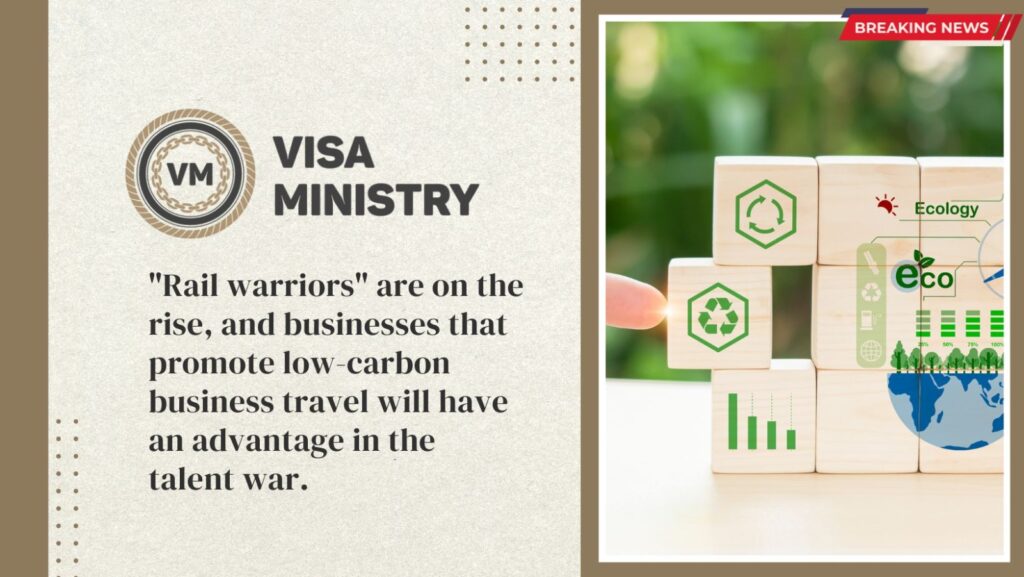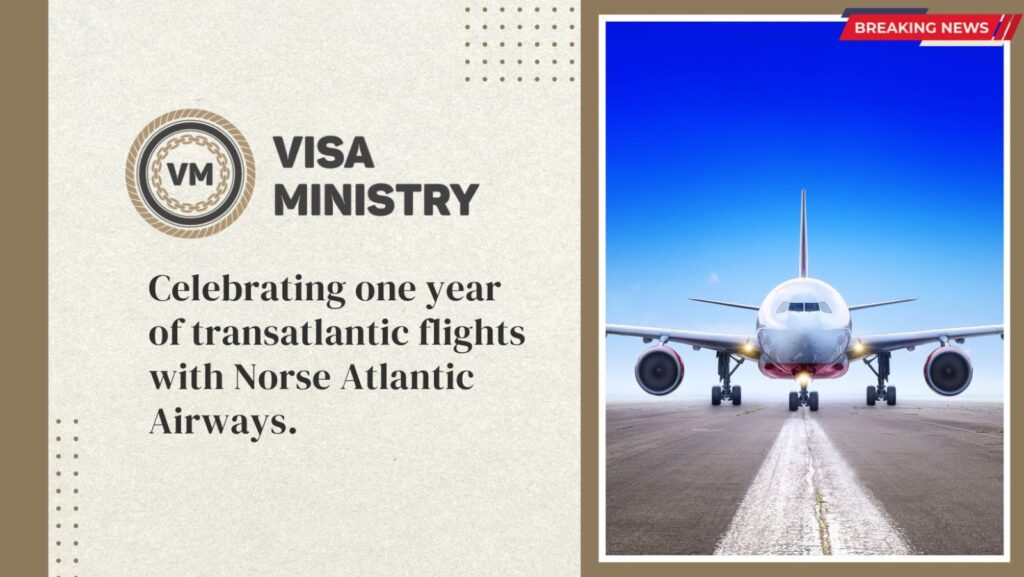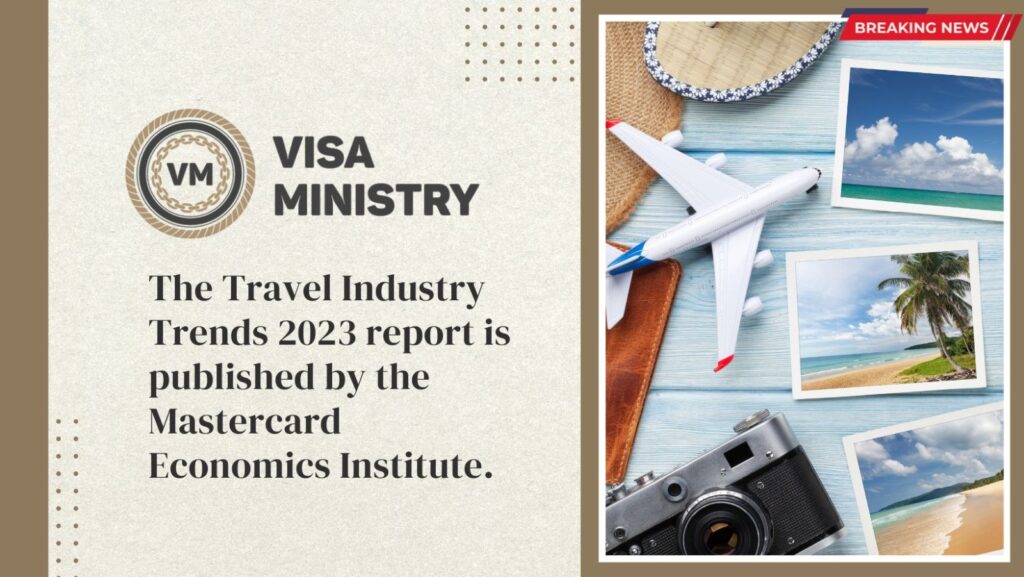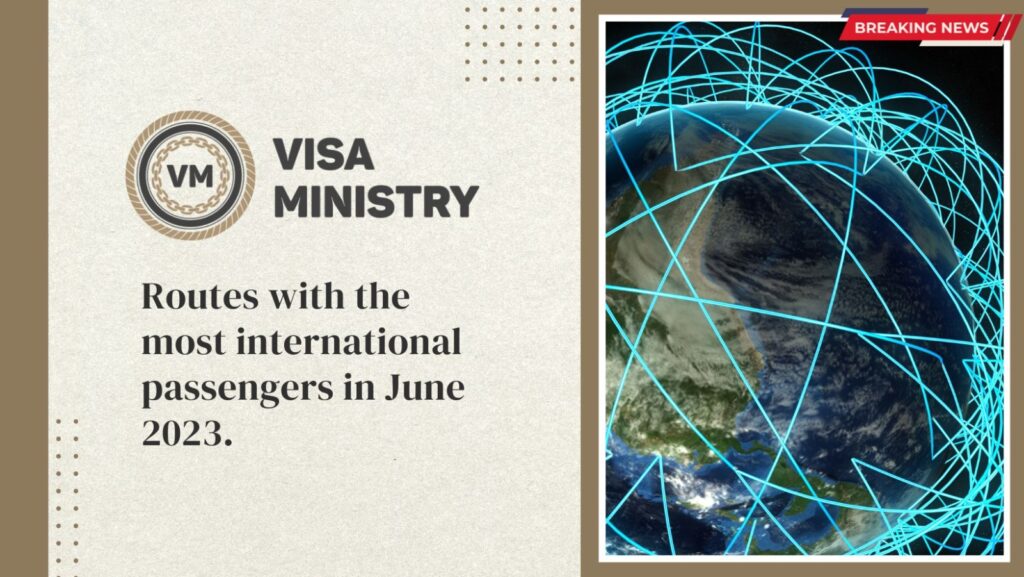“Rail warriors” are on the rise, and businesses that promote low-carbon business travel will have an advantage in the talent war
According to recent statistics from Trainline Partner Solutions (TPS), UK businesses who do not support and encourage low-carbon business travel run the risk of losing out on top applicants. Over half (53%) of respondents in a survey of UK business travellers said they would choose a company that promoted low-carbon travel over a rival that did not, underscoring the significance of taking sustainability into account when formulating business travel policy. The ability of their current employer to hire and keep employees in a tight labour market is another concern shared by nearly half (44%) of respondents. This reflects the fact that 91% of travellers now prioritise sustainability when making travel plans; for nearly three-quarters (72%), this interest has increased compared to pre-pandemic levels. Despite this, slightly more than half (51%) of respondents stated that their firm now either has a formal strategy to support lower-carbon forms of transportation or that assistance is minimal to nonexistent. Up to 62% of respondents admitted to travelling for work on short flights or in cars when rail or other lower-carbon options would have been preferable. The expectation of a negative response from management, either due to cost (26%) or longer travel time (24%), is the most frequent barrier that respondents cite as keeping them from pursuing lower carbon transport choices. Over half (52%) think that companies should, whenever possible, promote lower-carbon travel as a solution to the problem. Many respondents (45%) agreed that businesses should provide employees more time to travel sustainably.According to the data, there is an expanding group of “rail warriors” that prioritise low-carbon travel for business purposes. Seven out of ten respondents (70%) said they would choose to travel by rail even if it took a lot longer than by plane, indicating that this is more important to them than the length of the voyage. In the end, more than half of those surveyed who travel for work (53%) think that the company would benefit from better support for more environmentally friendly business travel. There are currently organisations all around the UK that are setting an example by prioritising support for low-carbon travel solutions. Our organization’s dedication to sustainability is the primary reason that many of our employees are with us, so we travel for business with a purpose and conscience, according to Russ Avery, CEO and co-founder of Avery & Brown, a sustainable marketing agency. We don’t fly within the country, and while travelling abroad, we carefully consider the environmental impact. In November 2022, my co-founder and I led the charge for this commitment when we chose to take a round-trip train from London to Berlin rather than fly, cutting our carbon footprints by 75%. We make an effort to always push ourselves and our staff to rethink how we typically conduct business journeys. International marketing firm Agenda’s co-director Becky Slack stated: “We believe in taking steps to decrease our environmental footprint whenever possible. Since I travel regularly, especially between Belgium and the UK, it’s crucial that I serve as an example and demonstrate that it’s acceptable to value sustainability when going on business trips. Since I can work while travelling, which is difficult to do when flying, the train is more cost-effective than the plane, and, in the end, it’s better for the environment. These are just a few of the reasons why I prefer it over other modes of transportation. Source: traveldailymedia









